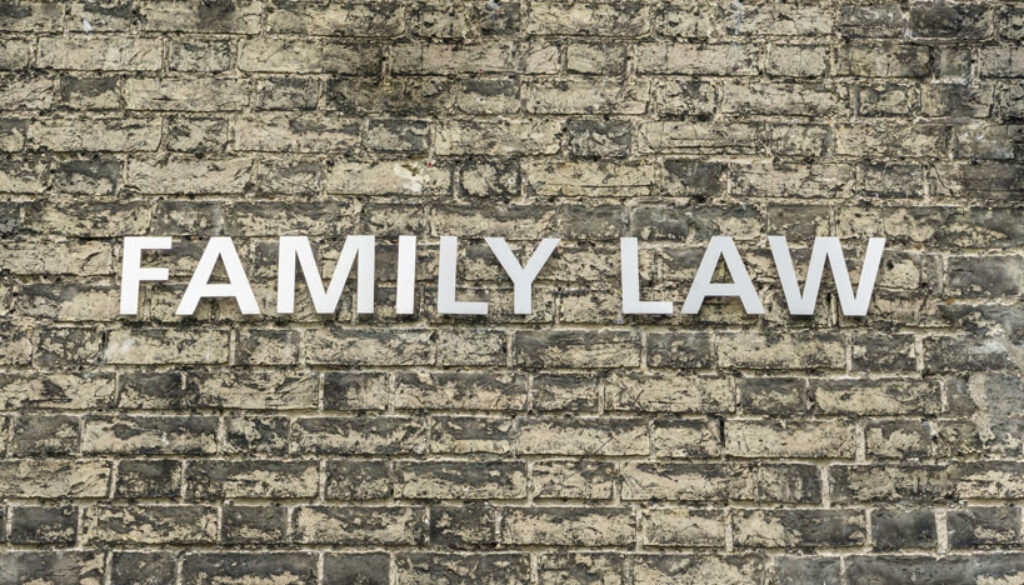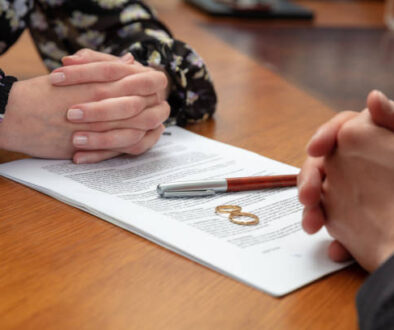Divorce and the family home
In the majority of cases, the family home is the most valuable asset of the marriage.
A common question asked by divorcing parties is whether or not a party’s entitlement will be adversely affected by their leaving the family home.
When a property is jointly owned by spouses, as legal owners both have the right to occupy it unless otherwise ordered by the Court. If one party temporarily leaves the property, they will still have the right to return to the property and the other party is not entitled to prevent them returning. If one party changes the property’s locks, the excluded party is within their rights to instruct a locksmith to assist them in re-entering the property. However, the party that is re-entering the property should be careful not to cause any damage as they may be found to be guilty of causing criminal damage. It is more advisable to negotiate the return to the property. If this is not successful, and depending on the circumstances of the individual case, it may be necessary to apply to the Court for an Occupation Order.
If a property is owned solely by one spouse, the non owning spouse may feel vulnerable and under pressure to leave the family home as they do not legally own it. However, provided the couple are married or have entered into a civil partnership, the non owning spouse is protected by their “home rights” which includes the right to remain in the family home. A non owning spouse should register these rights against the property’s title.
The Court will treat the family home as a matrimonial asset that can be subject to a sale or transfer to meet the parties needs.
It may be beneficial for both parties to remain in the family home as it will save the cost of running two households. Divorce proceedings including the financial aspect of the divorce may be concluded within 6 – 12 months but if Court proceedings prove necessary, this time period may be extended. The cost of running the second home could therefore be substantial and will reduce the value of the “matrimonial pot” which is to be shared between the divorcing parties.
If both parties are named on the mortgage, both will remain jointly liable for any payments due to the lender even if one party has left the family home. The mortgage payments will need to be maintained to avoid both parties credit ratings being adversely affected and to prevent the lender commencing repossession proceedings.
Leaving the family home does not adversely affect your interest in the family home. It can however, in some circumstances, have financial implications eg altering the Court’s view of a person’s needs.
It is important therefore to obtain advice before deciding to leave the family home.
For further information please contact Susannah Taylor
This article is not intended to be comprehensive or to provide specific legal advice. It should not be relied upon in the absence of specific advice given in relation to particular circumstances.




